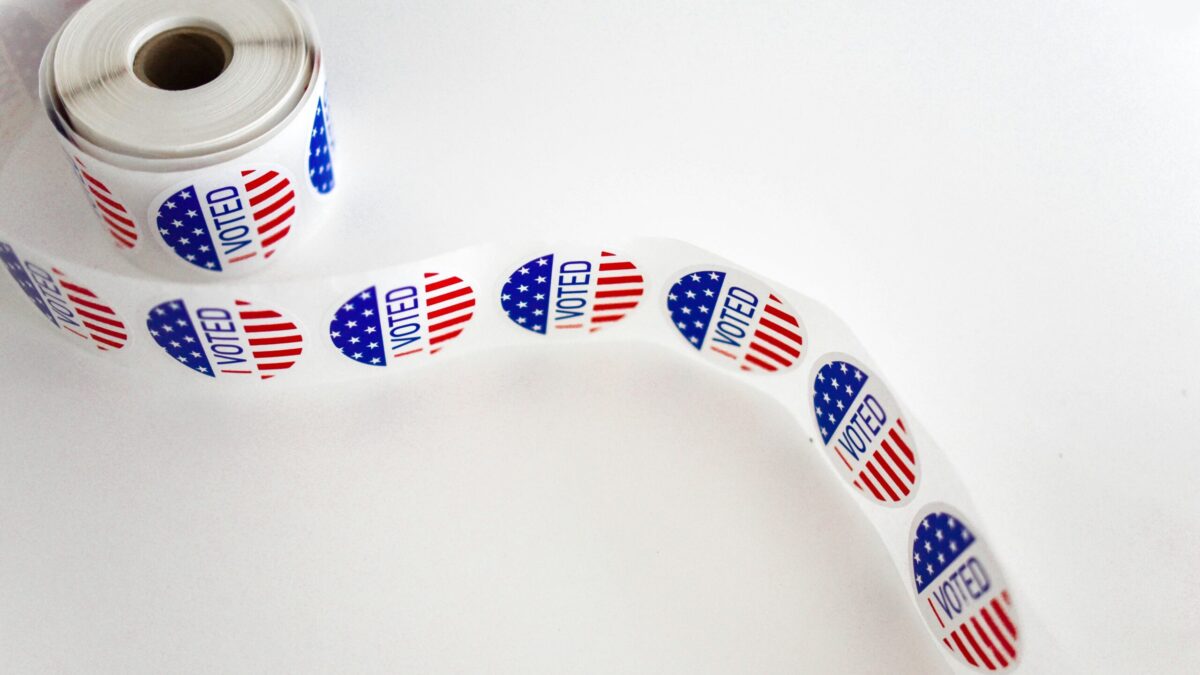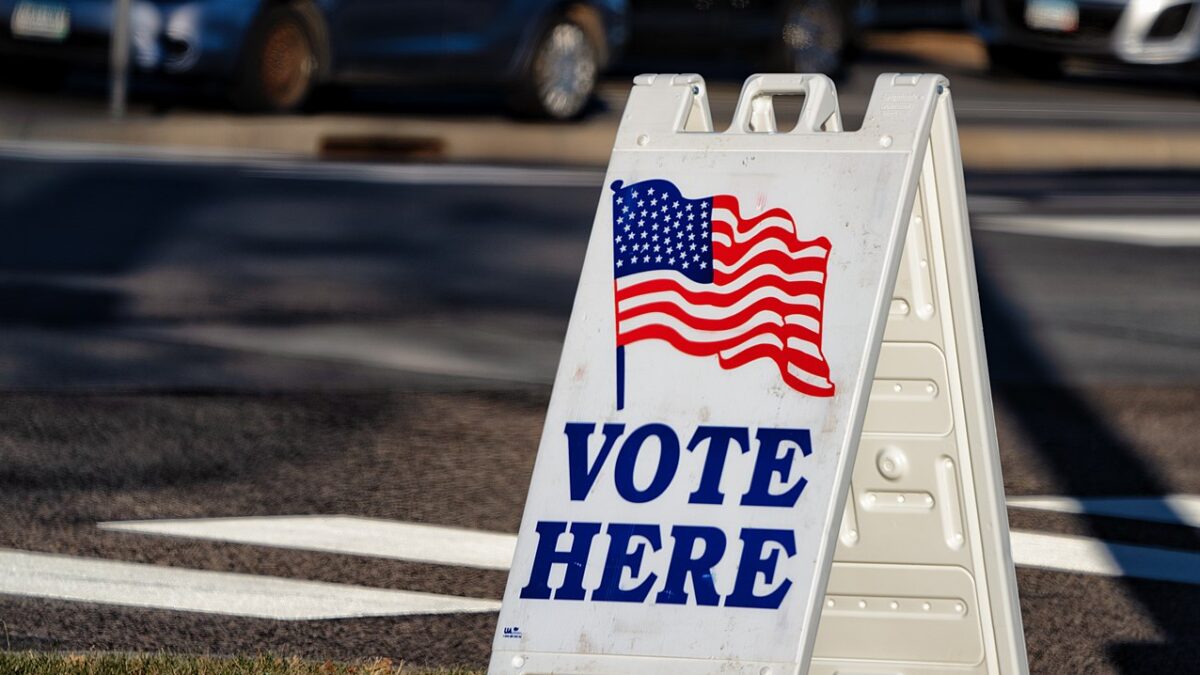
Hillary Clinton’s health troubles, long consigned to the canister of conspiracy theories by much of the media, have become an inescapable issue in the presidential election. Something about collapsing on 9/11 with the national spotlight upon you makes people concerned about your health. Is this really an issue worthy of our consideration and concern? Or should we disregard the matter, much as we did with a light-hearted quip by a former president?
There are a number of eerie parallels between the health of Hillary Clinton and that of another progressive political figure, President Woodrow Wilson. As with Clinton, Wilson’s tenuous health and precipitous decline was clouded in secrecy. For both, the decline can be traced to an overwhelming work load—or an inability to cope with an overwhelming work load.
A Charade In the Dark
Wilson’s final phase of decline began with the Paris Peace Talks following World War I, where a just peace seemed to continually elude his grasp. As he campaigned across the United States for his coveted League of Nations, he wore himself down and eventually suffered thrombosis—a clot in an artery of the brain, causing a stroke. As details of Clinton’s health history come to the fore, one particular phrase also stands out: “deep vein thrombosis.”
Wilson, for all of his intellectual merits, was only as effective as his health permitted. Once he suffered his stroke near Pueblo, Colorado and was rushed back to the White House, one of the greatest scandals in American presidential history ensued. As Wilson remained bed-bound, physically and mentally debilitated, his second wife, Edith, and doctor, Cary Grayson, essentially executed the duties of the president in his stead. Only a small band of doctors and White House staff knew the extent of Wilson’s stroke.
The American people were left in the dark. The Congress was left in the dark. The president’s own party was left in the dark. Even Wilson’s cabinet, including Vice President Thomas Marshall, was left in the dark. Exposing Wilson’s condition wouldn’t have made the ordeal much easier—the Twenty-fifth Amendment, providing for a president’s removal from office, was not adopted until 1967. Yet the fact that a spouse and doctor were able to unilaterally assume the nation’s greatest office is a great blemish on the history of American governance.
Of course, the scandalous nature of that sequence of events would seem relatively tame by Clintonian standards. And it wouldn’t take a Rhodes Scholar to present a “reset” button with a mistranslated word to Russia if Clinton is unable to do so herself. With the Twenty-fifth Amendment, the American people could also unburden themselves of a debilitated president. Really, we might really be electing a less ethically compromised progressive to the presidency in Tim Kaine, so what’s the big deal?
Breeding Distrust Between Rulers and Ruled
Again, it is good to consider the Wilson episode for a bit of perspective. The campaign of secrecy bred great distrust among the American people and their representatives toward President Wilson’s administration. That Clinton has been able to maintain a similar shroud of privacy in this day and age is nothing short of remarkable.
In fact, many in her own party seem just as flummoxed as they did a century ago with Wilson. David Axelrod lashed out on Twitter: “Antibiotics can take care of pneumonia. What’s the cure for an unhealthy penchant for privacy that repeatedly creates unnecessary problems?”
As with Wilson, Hillary seems to be accompanied by a medical entourage, and while she has successfully avoided public medical facilities to avoid scrutiny, her condition—like Wilson’s—has prompted a good bit of alarm from the medical community. Although Clinton loves to play the part of victim in so-called partisan witch hunts, the sheer facts of the case raise clear concerns, regardless of political affiliations.
Then there are the political implications of health issues of this magnitude in the presidency. Wilson’s ongoing health issues frequently prompted concern during the peace talks in Europe, before he suffered his thrombosis. There was a great deal of confusion and paranoia that was subsequently tied to his gradual decline in health. His ability to work like a demon—as Bill said of Hillary—only exacerbated the problem.
More important, Wilson was unable to fully campaign and secure American support for the great trophy of his legacy—the League of Nations. His opponents were able to attack and undermine the league without fearing the debilitated president’s normal verbal barrage. Wilson and Grayson largely decided what matters were worthy of the president’s attention, and various executive agencies practically grounded to a halt with no one filling bureaucratic vacancies. As the most substantial shift in world power was occurring and nations throughout the globe were in turmoil, there was a leadership vacuum in the United States, and opportunities to more directly affect the course of history were lost.
With the Twenty-Fifth Amendment, some of those concerns are mitigated, but not all. History has shown that weak vessels are not fit for such a powerful institution as the presidency. Whitewater, the Clinton Foundation, the exposure of national security secrets, and the subsequent cover-up—all of these scandals would pale in comparison to that of a president who was too enfeebled for the office and knowingly hid such information from the American people.









